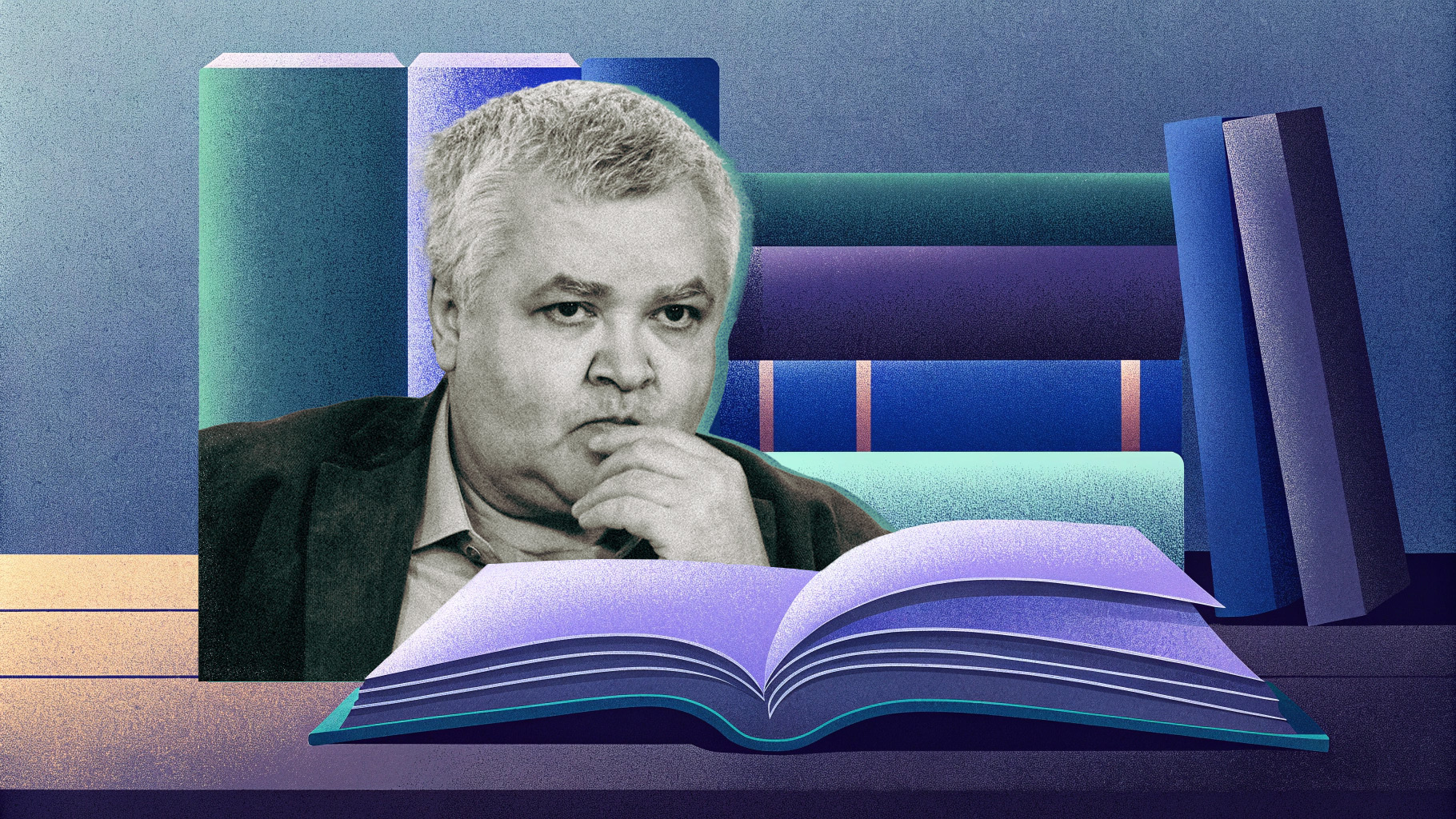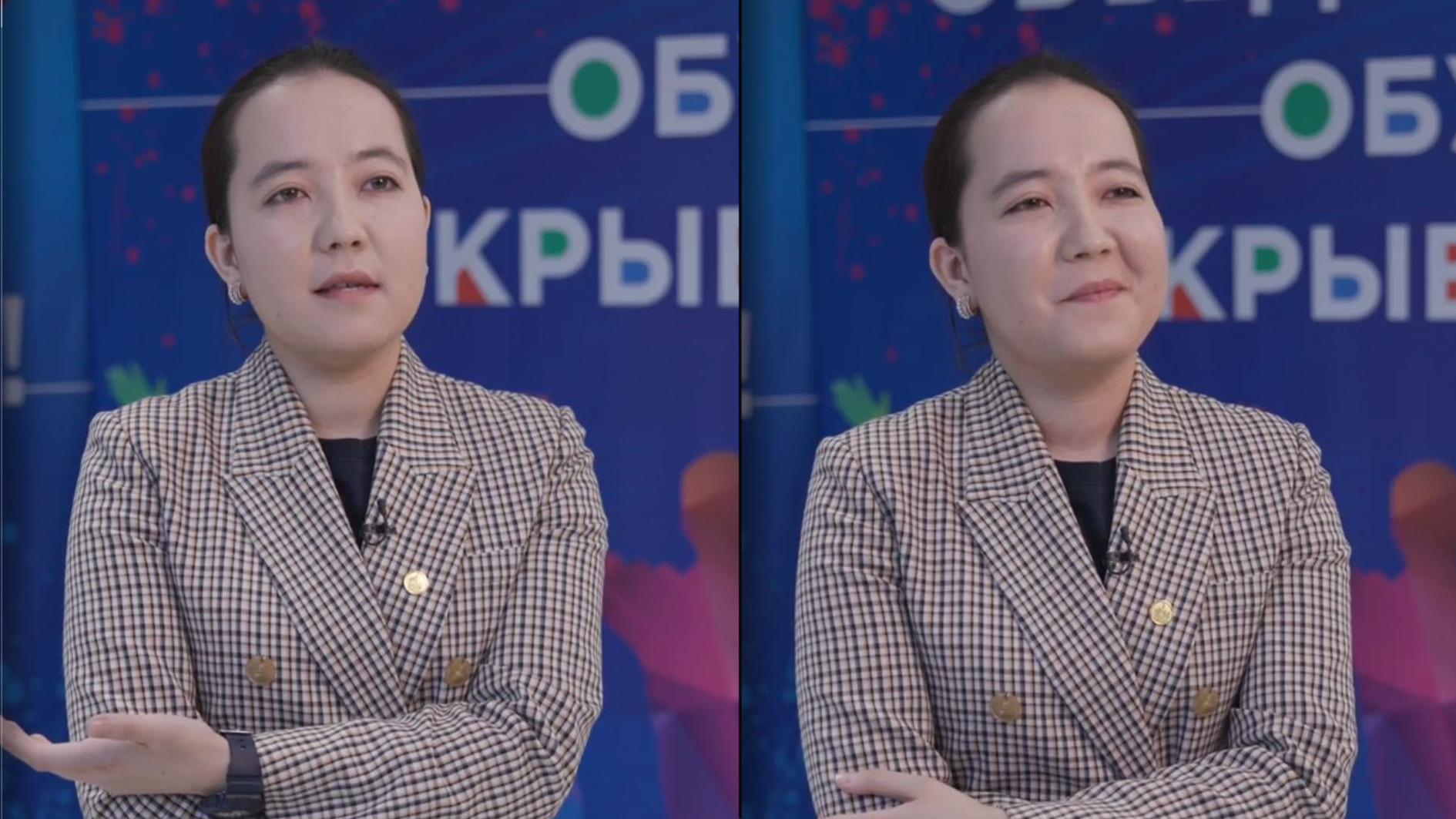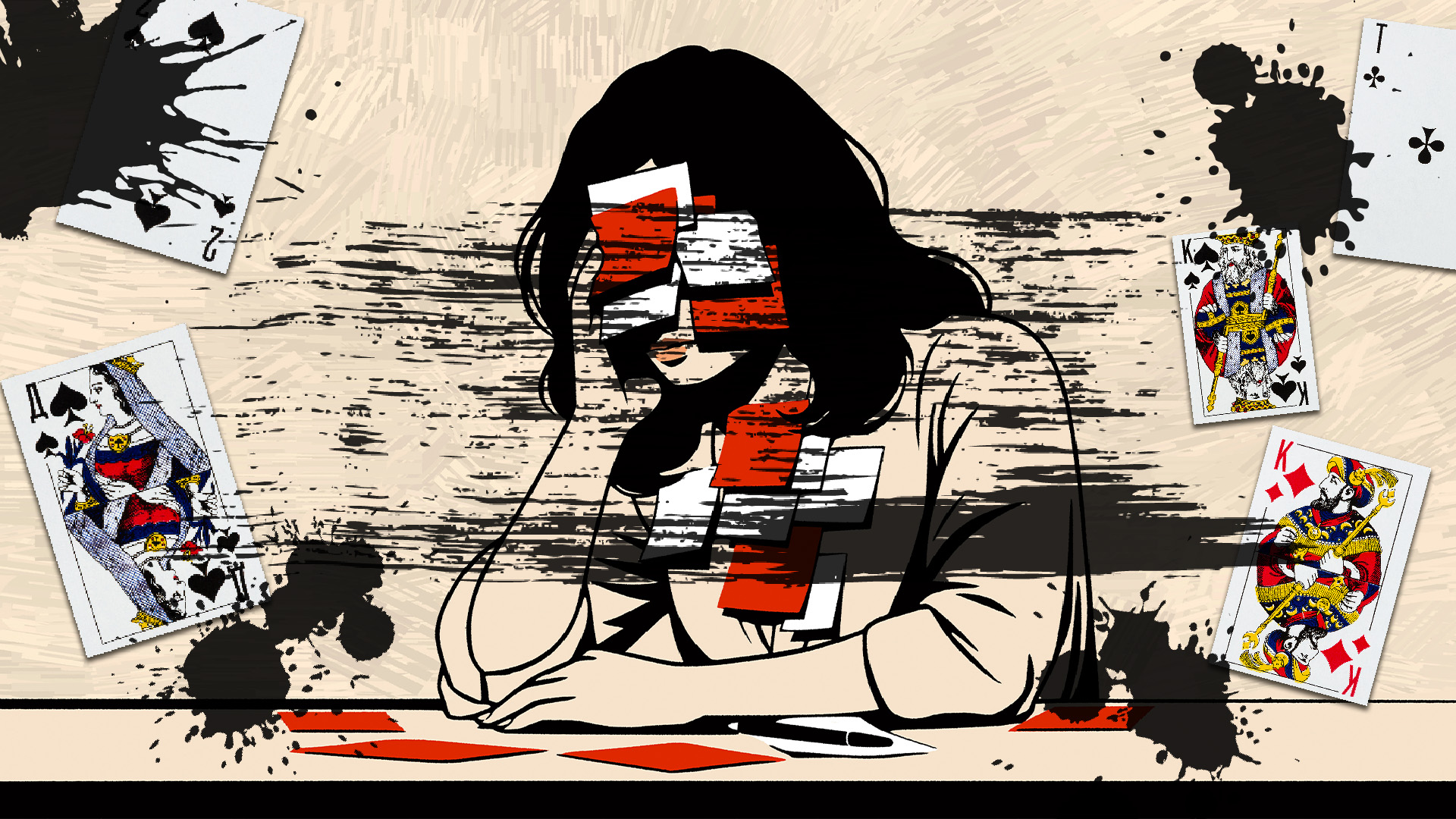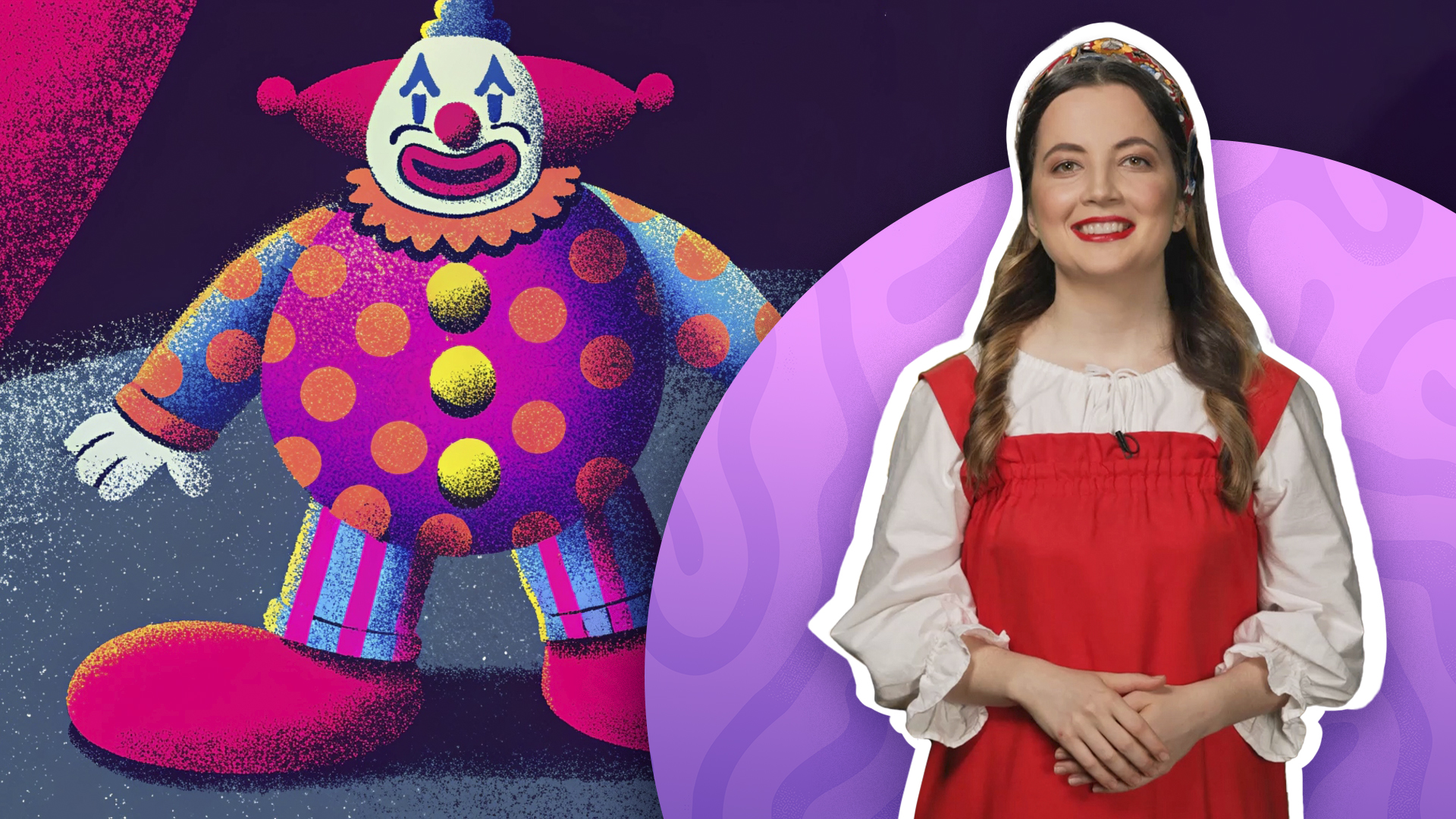
How SLANG became the driver of future linguistic changes

“The 21st century could become the century of studying substandards for Russian language scholars. A substandard is everything that lies beyond the standard, i.e. the literary language,” believes Professor Maksim Krongauz, a linguist and Doctor of Philological Sciences.
The most important thing about language substandards are various jargons, slangs, colloquial speech and dialects.
For the first three-quarters of the 20th century, the literary standard was considered the undeniable value and benchmark. Everything else was classified as trash that needed to be purged from the language.

“We can recall Soviet movies, where a girl from a village would come to a big city. And she had a major flaw – her dialect. Her speech seemed funny to the locals and hindered her. Even though she could be a very good person, better than many city dwellers. But, during the movie, she would achieve all her goals, be it love or a career, and, among other things, get rid of her countryside dialect.”
But, closer to the end of the 20th century, the value system flipped. A new trend emerged in global language culture. Linguists began to consider not only the value of literary language, but also of dialects and jargons. In some countries, even TV shows have started to hire hosts speaking in dialects.
Gradually, this trend has permeated Russian culture, as well. And it became obvious that the richness of the Russian language is based not only on the literary norm, but also on the popular, common language, as it’s the foundation of this large pyramid.
Slang becomes the new focus of philologists & linguists
In contemporary Russia, immense attention is focused on substandards, particularly youth and Gen Z slang.
“The word ‘skuf’ and others like it would have been known only to those who specifically studied slang 10 years ago. But, this word is competing for the title of ‘Word of the Year’ and the history of its origin has been described in great detail,” says Krongauz. Wondering what ‘skuf’ means? Find out here!
Today, there is a genuine cultivation of slang expressions. There are many online projects dedicated to them, as well as slang dictionaries. The stories behind specific words are described in detail, while time, date and place of their emergence is recorded. Often, it's not linguists, but simply enthusiasts who are engaged in this.
“One of the greatest dictionaries of the Russian language is [Vladimir] Dal's dictionary. And it’s a dictionary of the entire Russian language, including the substandard,” notes Krongauz, adding that, in modern times, such a new, comprehensive dictionary has not yet been created, although there is already plenty of material for one.















